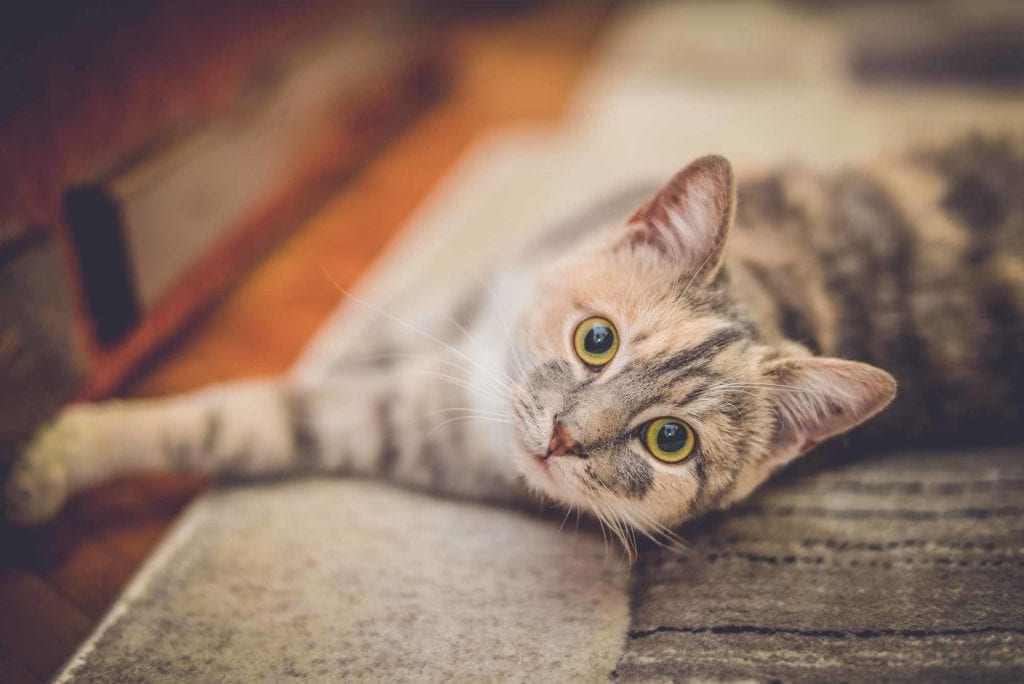 Sometimes as a pet owner you find yourself asking questions that you never thought you would be asking. Wondering about why your feline friend is drooling might just fall into that category. Read on while Schertz Animal Hospital enlightens you on the topic of cat drool.
Sometimes as a pet owner you find yourself asking questions that you never thought you would be asking. Wondering about why your feline friend is drooling might just fall into that category. Read on while Schertz Animal Hospital enlightens you on the topic of cat drool.
Cat Drool
Drool is part of life if you are a mammal. Cats and humans alike produce saliva in the salivary glands of the mouth. Saliva is an important part of digestive function, helping to moisten and break down food.
Feline saliva also harbors proteins (one of which is believed to be responsible for 2/3 of allergies to cats in people), bacteria, and enzymes.
Cats produce saliva all the time to aid in digestion, disperse oils through their coats as they groom, and possibly aid in healing. Who knew drool could be so cool?
Why All the Slobber?
Sometimes cat drool is out of control. If you have ever had a slobbery kitty, you might know some reasons for excessive drooling. There are actually quite a few possibilities for why the cat drool is pooling. These include:
Nausea – When nausea strikes, the nervous system’s fight or flight response kicks into high gear. Increased saliva production can indicate nausea, even if your cat does not vomit. Nausea in cats can occur due to a whole host of causes, such as car sickness, a foreign body ingestion, or even liver disease.
Oral irritation – Cats love to lick and nibble on things. This habit puts them at high risk for exposure to caustic substances and plants. The resulting irritation in the oral cavity can certainly lead to drooling.
Dental disease – Extensive periodontal disease can lead to increased saliva production and abnormal swallowing. Routine dental care is important for all pets.
Difficulty swallowing – Swelling, a tumor, a foreign object in the back of the throat or esophagus, or a neurologic problem can lead to trouble swallowing. Sometimes cats will try to avoid swallowing a noxious substance as well, leading to drooling. If you have ever tried to medicate a cat with something bitter, you have probably witnessed this.
Heat stroke – Increased body temperature can definitely lead to drooling. Be cautious in the warmer weather, particularly if your cat has a flat face, such as a Persian.
Excessive cat drool is no fun to clean up, and almost certainly indicates that something isn’t quite right with your kitty. If your cat’s salivary glands are working overtime, let us know so that we can check things out right away. After all, cats rule, not drool!
Recent Posts
About Us
We know that choosing the right veterinarian for your pet (and you) can be a challenge. Yet, with our stress-free handling, our long-term, experienced staff, and a state-of-the-art facility, we make the decision an easy one!
